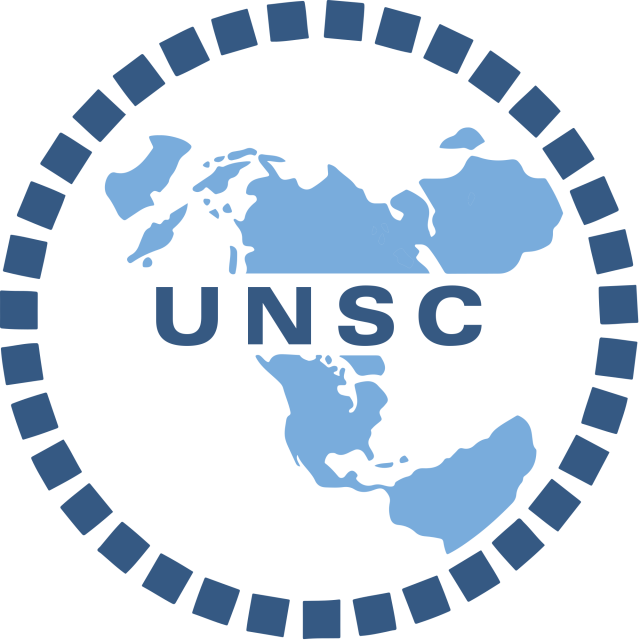Committee Overview
The United Nations Security Council (UNSC) was established in 1945 via the establishment of the UN Charter at the end of World War II. As one of the United Nations’s six principal organs, the Security Council is unique among the committees offered at NHSMUN in its membership, scope, and power. The UN Security Council has 15 member states. Five are permanent members: China, France, Russia, the United Kingdom, and the United States. The other 10 members are elected by the General Assembly for two-year terms. The UNSC has a unique, preventive, and reactionary role in the UN. It is meant to respond to international crises and maintain international peace. In response to such crises, the Council can mandate decisive actions such as peace talks, mediations, negotiations, and meetings. Additionally, according to Chapter VII of the United Nations Charter, the Council can approve the use of force if there is no other way to maintain international peace. The Security Council can also deploy UN peacekeeping operations and impose sanctions on states. Only the UNSC has this power.
Topic A: The Situation in Yemen
Yemen is facing one of the world’s worst humanitarian crises, with famine, disease outbreaks like cholera, millions of displaced people, and a destroyed economy. In 2015, Houthi rebels took over the capital city and forced out the internationally-recognized government. A coalition led by Saudi Arabia, with support from countries like the UAE and some Western states, intervened to try and restore the government. In response, the United Nations Security Council (UNSC) passed Resolution 2216 in 2015, calling for the Houthis to withdraw and imposing sanctions on certain individuals. Later, in 2018, UNSC Resolution 2451 supported the Stockholm Agreement, which included limited ceasefires and prisoner exchanges. However, peace efforts have struggled due to repeated ceasefire violations, rivalries between regional powers, and the divided warring parties. This has hurt civilians the most. There is limited aid and healthcare, and blockades on ports like Hodeidah have restricted the flow of essential goods. Delegates at the UNSC must consider how to ensure that humanitarian aid gets through and how to protect civilians in this situation. They should also think about how to create lasting political solutions that satisfy all sides, instead of just temporary ceasefires. Many countries are involved in this crisis: Iran is accused of supporting the Houthis with weapons and training, while the UAE and Saudi Arabia have backed Yemen’s Hadi Government. As the conflict threatens to spill over into neighboring countries, the UNSC should look at how international counterterrorism efforts can help without making the humanitarian situation worse, and instead help bring about peace.
Topic B: The Situation in the African Great Lakes Region
The African Great Lakes Region, centered on Lake Victoria, has a long history of violence. At times, this conflict has existed between states, but there has also been conflict within states. For example, it was the site of the Rwandan Genocide, an internal struggle between ethnic Hutus and Tutsis in Rwanda. Although the genocide was limited to a few months, the legacy of the violence has had effects in the entire region that are still felt today, including in the Democratic Republic of the Congo. Today, violence is on the rise yet again. The March 23 Movement (M23), a Rwanda-backed rebel group in the Congo, has launched a broad and successful campaign in the Congolese provinces of North and South Kivu. M23 now controls Bukavu, the capital city of South Kivu, and significant parts of Goma, the capital city of North Kivu. M23’s stated goal is to fight the Democratic Forces for the Liberation of Rwanda, an ethnically Hutu force that is opposed to the ethnically Tutsi leadership of Rwanda. However, observers have noted that the group is fairly small and does not exert territorial control, so conquering these Congolese cities does little to suppress them. Whatever the true motivation, the Security Council must work urgently to stop the violence from spiraling out of control and working to restore safety and stability to the civilian populations.

